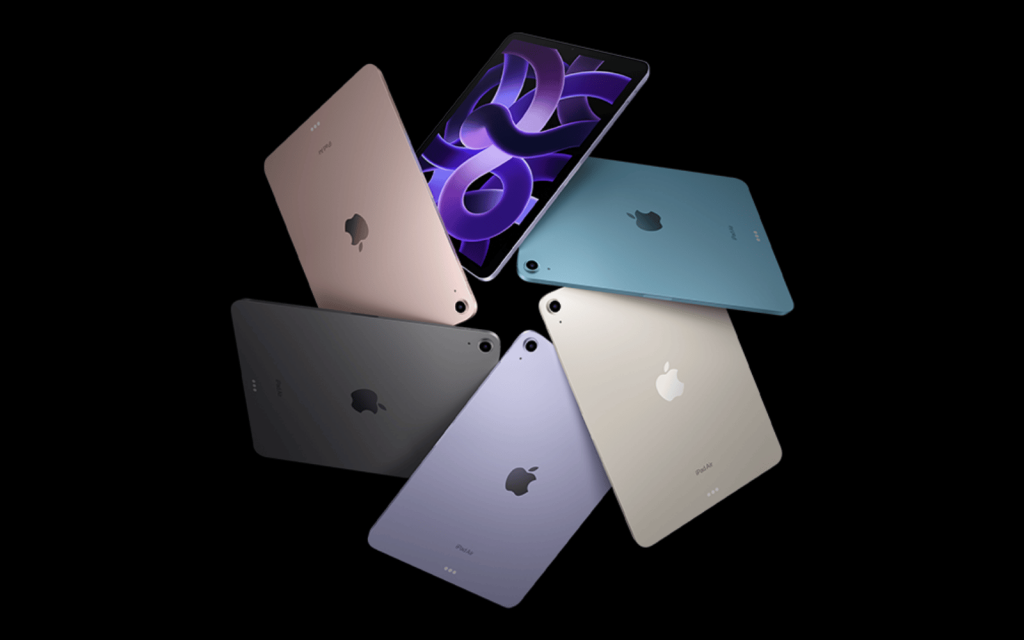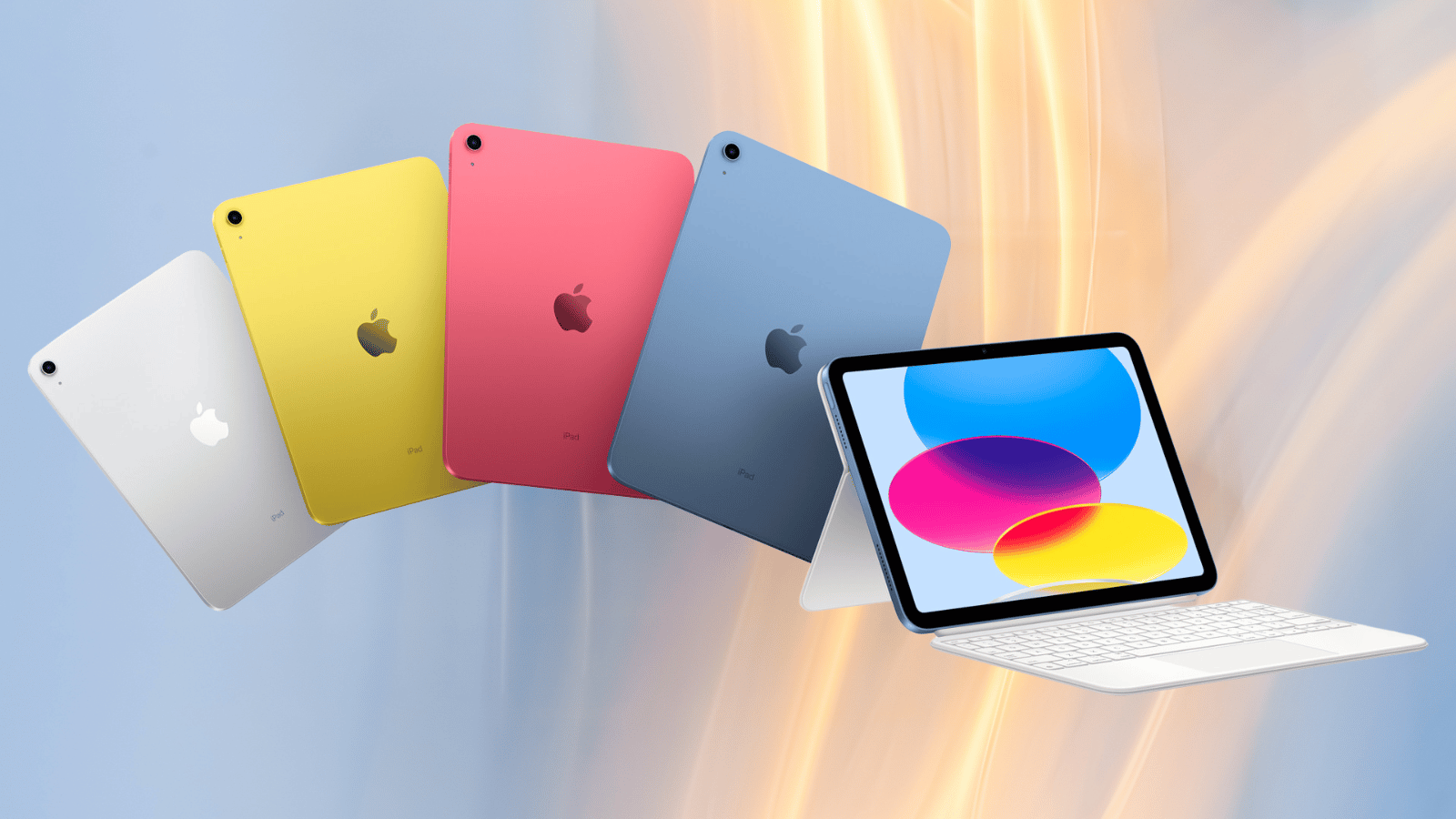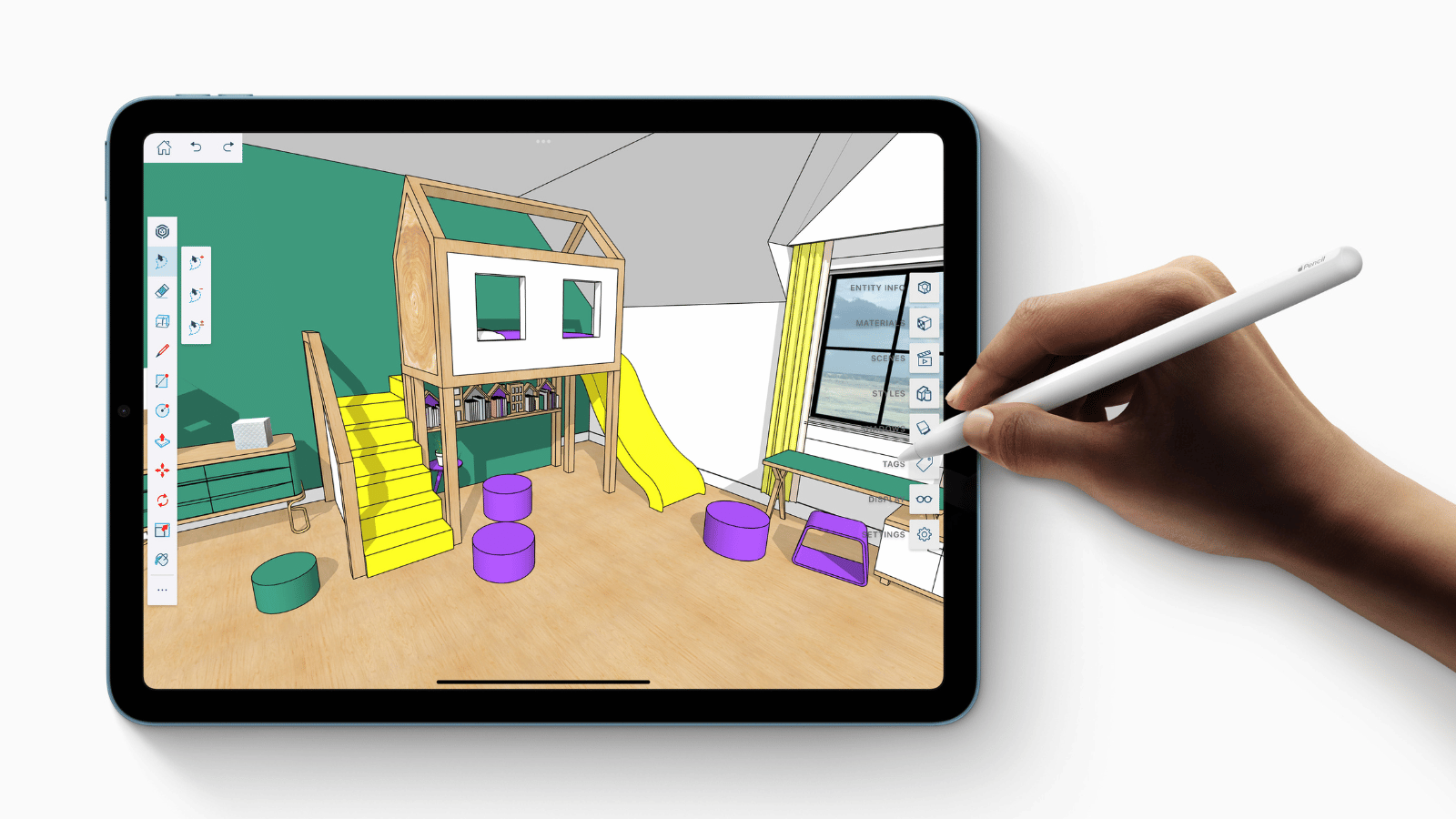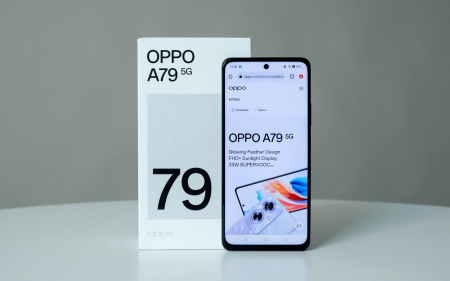On Monday, two friends asked me which iPad they should buy. It’s a question I often get, so I wrote them this article. The first friend is a property developer who hates typing on his iPhone and was thinking of getting a folding Android phone, such as the Samsung Fold 5 or Huawei Mate X3. Let’s call him Paul.
“Why are you typing on a smartphone?” I replied. It doesn’t have the screen for 10-finger typing, and it’s not the most efficient way to input data.
I have been using two more appropriate options for years. I use a swiping keyboard – either Apple’s own or my preferred option, Microsoft’s Swiftkey. I dictate a lot, too, using Swiftkey, which is superior to all the other options I have tried.
The dictation secret is to verbalise punctuation when you want a “comma” or a “full stop”. You also need to clean up the dictation because it’s often slightly incorrect. For instance, whenever I say “Ramaphosa”, it comes out as Rama Poser. Make of that what you will.
The second friend is a doctor who makes rounds every day in a large hospital and wants to upgrade his five-year-old hospital-issued iPad. Let’s call him Evan.
Appropriate options
They have very different needs – or use cases if you want the industry jargon – and they are both already in the Apple ecosystem. I always advise people to stick with what they know and have – especially if it’s one ecosystem because of how well it all works together.
Paul wants to view plans and PDFs that require a large screen. The obvious choice for him is a 12.9-inch iPad Pro. The current 6th-generation model comes with an extremely speedy M2 processor.
Evan needs to look at patient records and interact with Google Drive, which is helpful for having access to an entire set of records and other data. I suggested he pick up the 10th-generation iPad, which is light and, well, cheap(ish).
It still uses an older A14 Bionic processor, and not the new M-range of Apple silicon, but I am rigorous in only advising people to buy what they need – or can afford.
I suggest that people don’t go with the cellular option because you can very easily use your phone’s hotspot. The extra expense and secondary SIM card are another level of complication. I ended up with a cellular version of the iPad Pro 11, because there wasn’t stock of the WiFi-only option, but I have an extra data SIM as part of my Vodacom Red contract. (Yes, I’m still on contract.) But I very seldom use it.
Storage
When I was upgrading my iPhone and my wife’s iPad Pro a few years ago, I calculated the best storage option for a smartphone or tablet is 256GB. The entry-level 64GB or 128GB are too small for our cloud-based way of working or streaming. The same goes for the opposite end of the spectrum. Those larger storage options are unnecessarily expensive. You really don’t need to download that many Netflix or Showmax series at the same time.
Do you need a pencil?
I thought the idea of an Apple Pencil was wonderful, but I found I rarely used it. The difference is that I don’t mark up documents like a lawyer does, nor annotate plans like Paul will. The second-generation pencil is the one you’d want as it magnetically clips to the side of the tablet and charges that way too.
But I do use a keyboard regularly. There are two main keyboard options, which are called the Magic Keyboard and Smart Keyboard Folio. Each now has a slightly cheaper version. I ended up with the Magic Keyboard, and I’m very happy with the more sophisticated option. It has a clever hinge that holds the screen up and at the right angle. It has a trackpad similar to the MacBook’s and has proved very handy. I use my 11-inch Pro as a substitute laptop for conferences and meetings. But it ain’t cheap. And it ain’t light – which is why I often take my iPad to events where you’ll often find me taking notes or recording podcasts.
Read More: (Admittedly minor) iPad adventures at a conference
I have a USB-C mic that I plug into the iPad and another Sennheiser model that works with my iPhone’s Lightning port. This saves me carrying a much heavier (but only by 300 grams or so) MacBook Pro and a Zoom recorder, plus microphones – which is what I used to use.
Retrospectively, I would have chosen the Smart Keyboard Folio, even though it’s missing a trackpad. It’s what I suggested to both Paul and Evan.







